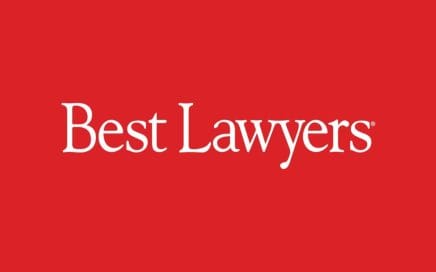
As a result of recent developments at Land Titles relating to unregistered mortgage amending agreements, which were the subject of our recent article here, many Manitoba lenders have been reviewing their internal mortgage renewal and amendment processes. Some of these proactive lenders have raised good questions on the subject. This article addresses very briefly the most common questions asked of us in response to our prior article.
Q: Do we (the lender) need to file an amending agreement when advancing a new loan under a multi-purpose mortgage (“MPM”)?
A: The short answer is “no”, as long as the terms of the registered MPM are not being changed. A typical registered MPM includes the principal amount of the mortgage, but does not have on its face many of the things a conventional mortgage may have – e.g. interest rate. The MPM is designed to secure multiple credit facilities, each governed by its own loan documents (e.g. promissory note). Accordingly, most changes to the credit facilities secured by an MPM do not require any amendment to the MPM itself, and therefore no amending agreement is required. The obvious MPM scenario in which a registered amending agreement is necessary is when the lender intends to advance funds in excess of the principal amount that appears on the face of the MPM. Of course, prior to making any advance (regardless of the type of mortgage), the lender must still search title (including the daily builders’ liens list or “3 o’clock search”) to ensure there are no subsequent encumbrancers.
Q: What if we (the lender) have agreed to amend a mortgage, but are then unable to obtain the consent of subsequent encumbrancers (which are required to register the amending agreement)?
A: If the lender has already entered a binding agreement with the borrower to amend the terms of the mortgage, but the lender is then unable to obtain the consents necessary to register the amending agreement, the lender is at risk of having to honour the terms of the amendment even though it cannot register the amendment with Land Titles. There are some ways to minimize this risk. In the event there are subsequent encumbrances at the time the lender wishes to amend the mortgage, it would be prudent to seek the consents of the subsequent encumbrancers prior to entering into any amending agreement with the borrower. Additionally or alternatively, a lender could, for example, make all of its amending agreements (with borrowers) conditional upon the lender being able to obtain all consents necessary to register the mortgage amending agreement with Land Titles.
Q: Do we (the lender) have to revamp our entire mortgage renewal process (at additional cost to our borrowers)?
A: Not necessarily. This is a question of risk management. Renewals of conventional mortgages inevitably involve an amendment, as there is at the very least a new term and maturity date. Interest rate and payment schedules usually change as well. It has been common practice in Manitoba for many lenders to renew mortgages without registering an amending agreement. While it is prudent for lenders to review their mortgage renewal process and assess their risk, a complete overhaul of the renewal process may not be feasible or necessary. We can work with you (the lender) to review your renewal and amendment process to help manage your risk in a way that best suits your unique situation and business model.
Q: If we have further questions, can we call you?
A: Absolutely! Download Dan Ransom’s v-card here and get in touch
DISCLAIMER: This article is presented for informational purposes only. The views expressed are solely the author(s)’ and should not be attributed to any other party, including Taylor McCaffrey LLP. While care is taken to ensure accuracy, before relying upon the information in this article you should seek and be guided by legal advice based on your specific circumstances. The information in this article does not constitute legal advice or solicitation and does not create a solicitor-client relationship. Any unsolicited information sent to the author(s) cannot be considered to be solicitor-client privileged.
If you would like legal advice, kindly contact the author(s) directly or the firm's Chief Operating Officer at pknapp@tmlawyers.com, or 204.988.0356.



